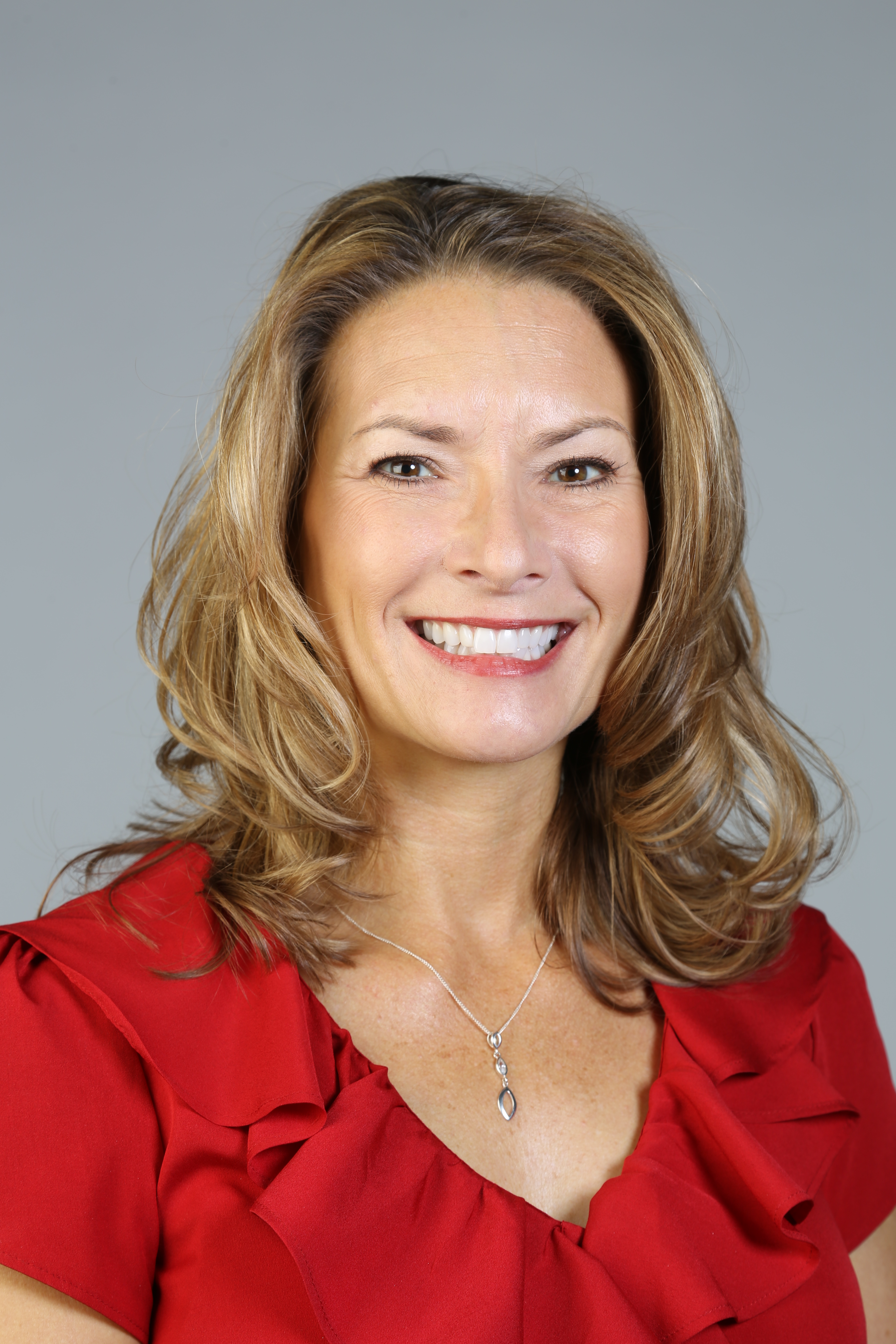Baylor University Professor Speaks at Amnesty International Conference on Human Rights

Lori Baker, associate professor of anthropology in the College of Arts and Sciences at Baylor University (Matthew Minard/Baylor Marketing and Communications)
Follow us on Twitter:@BaylorUMediaCom
Contact: Tonya B. Lewis, (254) 710-4656
WACO, Texas (April 8, 2014) — Lori Baker, Ph.D., associate professor of anthropology in the College of Arts and Sciences at Baylor University, spoke Saturday, April 5 at Amnesty International’s 2014 Human Rights Watch conference in Chicago.
Baker is founder and director of the Reuniting Families Project, a program that aids in the identification of undocumented immigrants that perish during migration into the United States along the southern border. Baker and her team currently are working on the identification of 110 individuals from Brooks County, Texas—where the death toll has risen sharply over the past few years. Baker's lecture focused on the humanitarian crisis on the border with the “massive loss of life” as immigrants die while trying to cross into Texas.
“It was an honor to be asked to speak at the conference on behalf of the families about our work to identify those that have perished,” Baker said. “Part of the discussion included ways we and Amnesty International leaders can work together to better help these families.”
The conference focused on human rights issues, including the justice system, workers’ rights and gun violence among other issues. Baker’s humanitarian efforts along the border are growing to include others to address this critical issue.
For the last two years, Baker has led forensic recovery teams to exhume graves of the unidentified in South Texas and is building a Border Consortium of Forensic Scientists to aid in these efforts. She has worked throughout Latin America on the recovery and identification of remains of victims of human rights violations and assisted in the establishment of Mexico’s database for missing nationals abroad.
Baker, who was featured in a four-part series on the National Geographic Channel called "The Decrypters," has examined the remains of roughly 300 unidentified, undocumented immigrants that resulted in 70 direct identifications and subsequent repatriations as part of her Reuniting Families Program.
ABOUT BAYLOR UNIVERSITY
Baylor University is a private Christian University and a nationally ranked research institution, characterized as having “high research activity” by the Carnegie Foundation for the Advancement of Teaching. The University provides a vibrant campus community for approximately 15,000 students by blending interdisciplinary research with an international reputation for educational excellence and a faculty commitment to teaching and scholarship. Chartered in 1845 by the Republic of Texas through the efforts of Baptist pioneers, Baylor is the oldest continually operating University in Texas. Located in Waco, Baylor welcomes students from all 50 states and more than 80 countries to study a broad range of degrees among its 11 nationally recognized academic divisions. Baylor sponsors 19 varsity athletic teams and is a founding member of the Big 12 Conference.
ABOUT BAYLOR COLLEGE OF ARTS & SCIENCES
The College of Arts and Sciences is Baylor University’s oldest and largest academic division, consisting of 26 academic departments and 13 academic centers and institutes. The more than 5,000 courses taught in the College span topics from art and theatre to religion, philosophy, sociology and the natural sciences. Faculty conduct research around the world, and research on the undergraduate and graduate level is prevalent throughout all disciplines. Visit www.baylor.edu/artsandsciences.